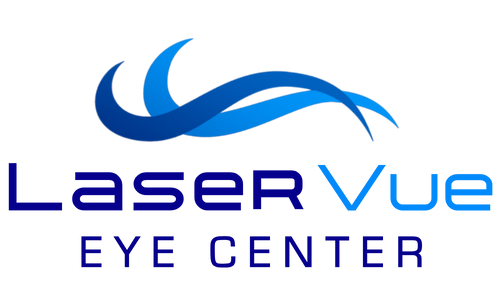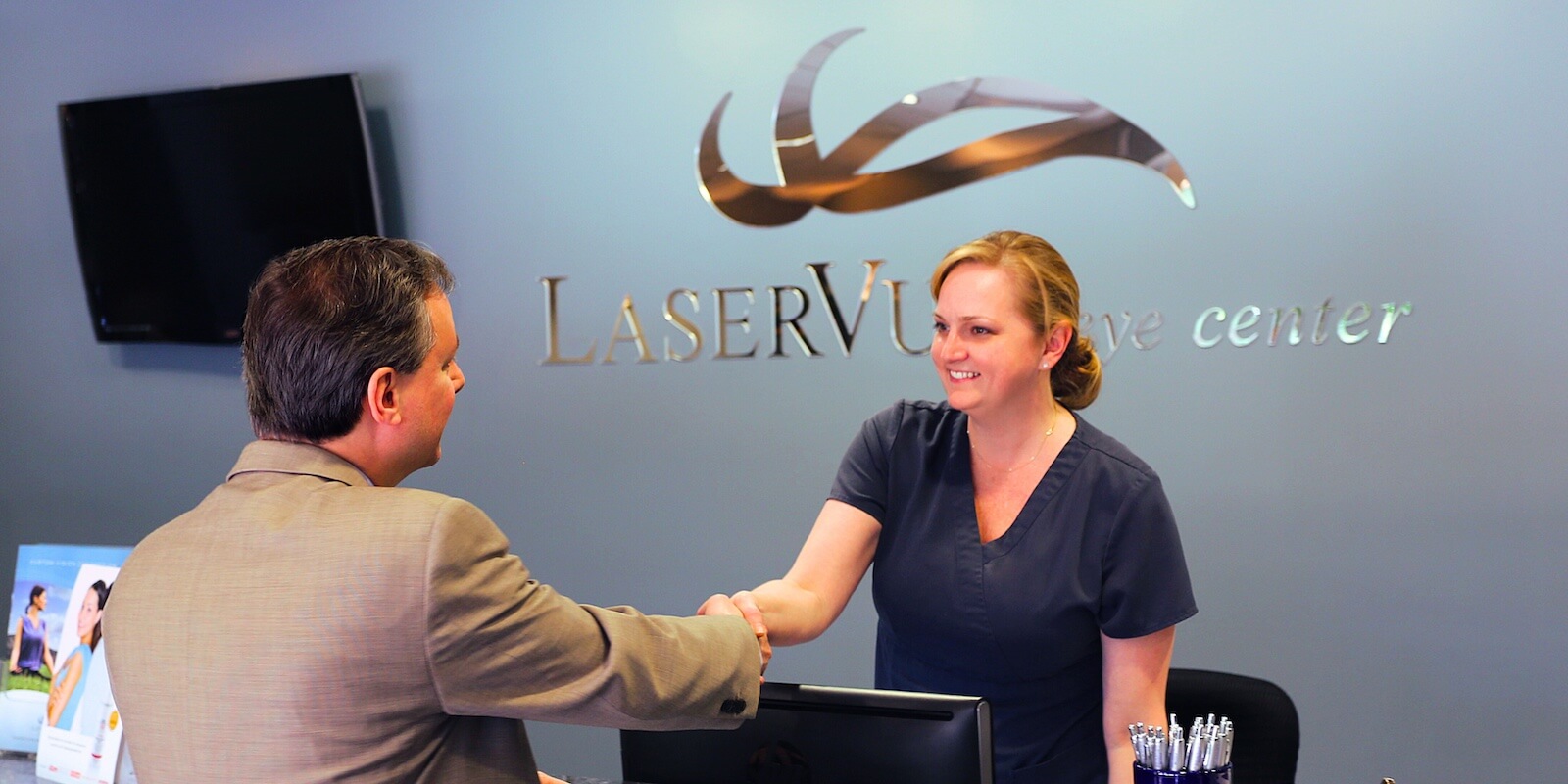Posted by: LaserVue LASIK & Cataract Center in Cataracts

What Patients Can Expect After Cataract Surgery
Cataract surgery is a commonplace outpatient procedure performed frequently in California and throughout the United States. Typically taking less than an hour to complete, this short yet life-changing treatment restores clear vision to millions of Americans each year.
A successful surgical outcome depends largely on your ophthalmologist’s expertise, but following your surgeon’s aftercare instructions are just as integral. Recovery time will vary from person to person as each person and each eye is unique.
Read below to learn what you may expect following cataract surgery.
Immediately Following Cataract Surgery
You will likely feel tired following surgery as the local anesthesia wears off and will be unable to drive for the rest of the day following the procedure. It will be necessary to arrange for a family member or friend to drive you home afterward. You may also require assistance for a few days depending on any other limits determined by your doctor regarding driving, lifting, or bending.
Once home, you may wish to rest if you’re still feeling the effects of the anesthesia. Be certain to wear the protective eye shield during naps or at night when you go to bed (unless instructed otherwise). It is normal for your eyes to feel scratchy or dry after surgery and you may also experience sensitivity to light. You will be instructed to administer antibiotic and anti-inflammatory eye drops to relieve symptoms and to protect against infection during the healing process.
It is important to take it as easy as you can immediately following surgery but you may continue (with caution) many of your daily activities. You may watch TV, dine out, bend, lift light objects, or shower (keep water out of the operative eye).
After Surgery…
- Don’t drive for 24 hours
- Wear protective eye shield as directed
- Avoid strenuous activity
- Avoid environments prone to dust or dirt
- Don’t rub operative eyes
- Use eye drops
- Adhere to doctor’s instructions
Days Following Cataract Surgery
It is completely normal for vision to be blurry, cloudy, or even distorted in the days following cataract surgery, your eyes still need time to heal and adjust. Some patients report improved vision sooner than others but each person heals differently. Vision ordinarily begins to improve within a few days following surgery.
Continue to use the prescribed eye drops as instructed by your doctor and it is still normal for your eyes to continue to feel dry or itchy. Mild discomfort may be experienced for a few days. If you have been using a protective eye shield, continue to do so until instructed otherwise by your doctor. It is important to keep your eye protected from any accidental physical contact.
Also, don’t forget about your follow-up appointments. Your ophthalmologist will likely schedule multiple appointments in order to monitor your recovery.
- Continue use of a protective eye shield
- Continue using eye drops
- Avoid strenuous activity – light bending and lifting OK
- Avoid swimming, makeup, and any physical contact with the eye
- Take non-aspirin pain medication for minor eye ache or a headache
Weeks Following Cataract Surgery
It generally takes around four to six weeks to experience a full recovery following cataract surgery.
Most every patient is a little different. Typically, the weeks following your cataract surgery involve gradual improvement of vision as the operative eyes recover. Your vision may also experience minor adjustments or changes for up to a few months following the procedure. Your ophthalmologist will be monitoring these changes during your post-operative check-ups.
After four to six weeks (when operative eyes have completely healed), a patient can be evaluated for eyeglasses and be given a new prescription if you did not receive an intraocular lens implant.
Please contact us immediately if at any time during your recovery you experience the following:
- Severe pain or discomfort
- Loss of vision
- Impacts or blows to the operative eye
- Severe redness or fluid discharge
- Nausea or vomiting
Contact your Local Trusted Ophthalmologist
Cataract surgery is the first step towards clear and healthy vision. After surgery care is just as necessary. Follow your doctor’s instructions, remember your restrictions, and attend all follow-up visits. When in doubt, your ophthalmologist can answer any question or concern you may have.
If you or a loved one suspect they may have a cataract or is considering a cataract surgical procedure, please call or contact online the skilled team at the LaserVue Eye Center. Schedule a comprehensive evaluation at any of our locations in San Francisco or Santa Rosa to learn what your options are moving forward. Together we can achieve your best possible vision.

